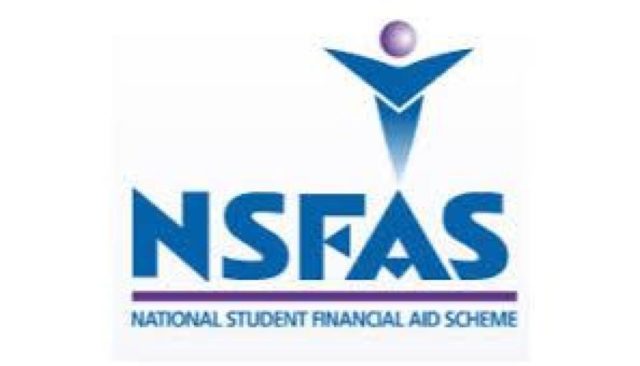This comes at a time when thousands struggle to get tertiary education funding.
Johannesburg – It is feared that up to R2 billion in student financial scheme payments made in error to “wrong students” might never be recovered at a time when thousands struggle to get tertiary education funding.
Higher Education Minister Blade Nzimande has announced an independent investigation into the National Student Financial Aid Scheme’s (NSFAS) systemic glitches that previously sparked riots on campuses.
The probe comes after former SA Revenue Service executive Randall Carolissen recently told Parliament the lost billions are unlikely to be recovered.
At the height of the disbursement challenges, Walter Sisulu University student Sibongile Mani was “accidentally” paid R14.1 million from the scheme in 2017.
Nzimande said in a gazetted notice he decided to appoint a Ministerial Committee of Inquiry “to conduct an independent investigation into the root causes of the systems, process, policy and capacity challenges” at the NSFAS.
The committee will make recommendations “about the short and long-term changes necessary for an effective student financial aid system at NSFAS”.
Following #FeesMustFall, the scheme now funded bursaries instead of loans to students from households earning R350 000 per annum. It had already paid out R4.2bn by March.
Nzimande’s probe was a latest round of initiatives taken to stabilise disbursement systems at the NSFAS following its placement under administration in August 2018.
Then Minister Naledi Pandor disbanded NSFAS council and executive management after the scheme’s failure to pay out bursaries to nearly half the approved beneficiaries.
The failure to pay out bursaries led to student protests across several universities and technical and vocational education and training (TVET) colleges.
Carolissen remained at the helm as administrator of the NSFAS.
“Many of the problems and additional concerns have been unearthed during the period of administration thus far,” Nzimande said.
“Although the 2019 student funding cycle was much better managed, and there is evidence of significant improvements, some of the core problems remain.”
He said the root causes of these problems were multiple and complex, and they concerned the business processes, policy and controls, and staffing capacity.
They were also a result of “inadequate information technology architecture and systems”.
Nzimande said these were designed without adequate consideration of institutional systems.
The disbursement system now under probe was known as the “student-centred” model.
It came into effect in 2017 and entailed direct application to NSFAS instead of applying via a university.
The scheme allocated allowances to students directly and paid study fees to institutions.
Nzimande now admitted that the NSFAS implemented the model while it was not ready for it.
“NSFAS underestimated the magnitude of the processes and time-lines required to implement the new model effectively,” he said.
“In addition, NSFAS did not have the requisite capacity and technical knowledge required for a successful student financial aid administration from the start of the applications process to successfully funding students,” Nzimande added.
“The effect of these of the academic year.
“This meant that the challenges were serious. As the student funding cycle progressed in 2018, NSFAS was unable to finalise funding decisions and process payments to students, even at a late stage NSFAS relied almost entirely on institutions to make payments to students.”
The Star








